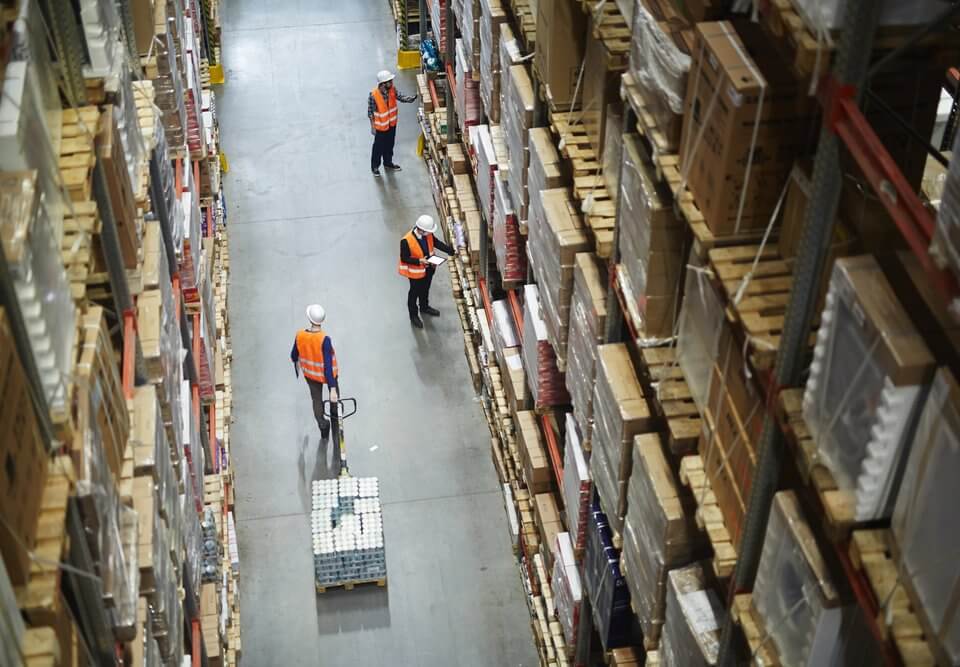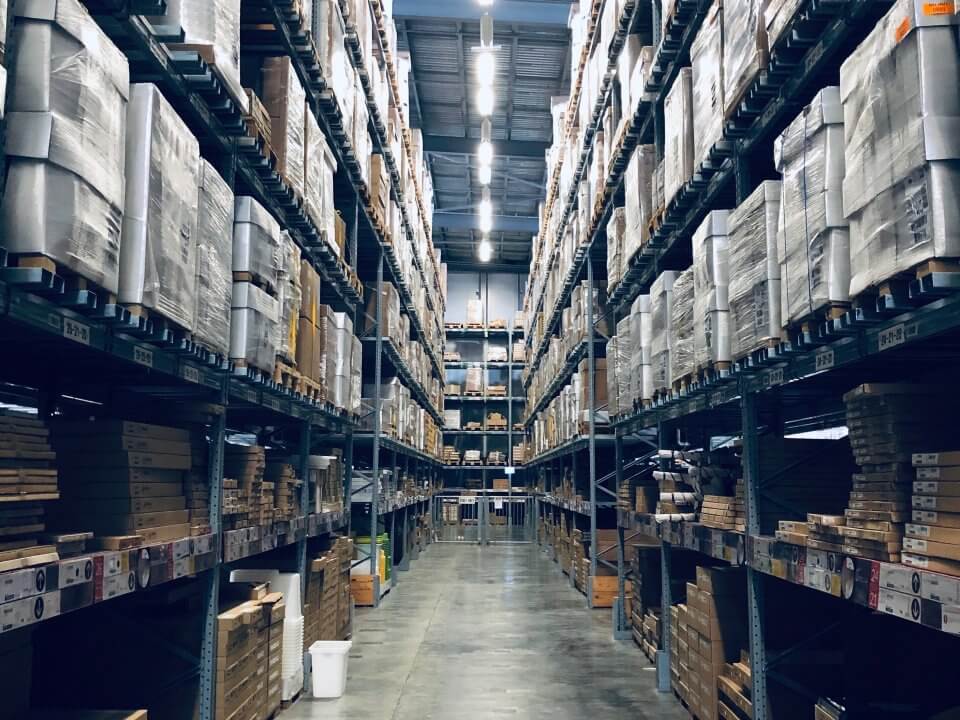Benefits Of Using A Courier
July 17, 20175 Questions To Ask When Hiring A Local Courier Service
September 20, 2017Logistics management is a great service that helps businesses with their supply chain management, shipping products, delivery & more. Having an efficient logistics management service is important factor in how successful your businesses is run. Like with most things, you an always improve on your system no matter what state it is in. Below are six tips for Effective Logistics Management Optimization.
- Proper Planning – No matter what goal you have as an individual or a business, the first step is having a plan. Having a good plan is a recipe for success as a plan allows you to know that you will have all your goods procured, goods are being shipped on time and to the exact location and your storage facility is in good hands. For a good plan to go into effect you need to make sure that a few factors are in order such as time, transportation, and cost.
- Automation – Technology is always evolving, making tasks easier and easier for every day life. This is especially true in the courier industry, and it plays a major role in increasing the efficiency of logistics management in general. Several business process software are available to help give updates on the movement of goods from a warehouse to a client. Updates from these software include when the goods are dispatched from the warehouse, receipt of each time a good is delivered to a warehouse en route to the destination and finally when the items are fully delivered to the destination.
- Relationships – In order to have a successful management service you need to have workers on your end that are well equipped, trained and succeed at their tasks on your end of the chain. Whether its the delivery driver or the warehouse manager, everyone should be fit for their respective work. In order to make sure your end of the operation runs smoothly, make sure each employee is thoroughly trained. In addition, offer workshops to keep them fresh on trends and industry news to increase efficiency and satisfaction of the clients.
- Warehouse Management – One of the major factors to logistics management efficiency is warehouse efficiency and how the facility is being used. If you move perishable products then you need to have a section of your facility that is able to store these types of items. In addition, you need to manage the capacity of your warehouse so you can store as many items as you can to have an efficient operation. Using vertical storage columns is a great way to maximize your storage potential. Making sure the implementation of any software for your warehouse is effectively installed. This will avoid any delay with locating items in your warehouse that are ready for transport.
- Efficient Transportation – When it comes down to it, the delivery is what makes logistics management most efficient. This is when the client gets what they have been waiting for and it is what you get paid for in addition to warehousing the goods before the transport. To optimize your delivery branch, determine the best delivery route ahead of schedule transport time. By opting for the shortest, yet safest route, you ensure that the package will arrive safely, on time, and it saves money as well. You also want to think about cost-effective packaging that ensures low investment and the safety of goods. Optimize the packaging by arranging the items to no increase the weight of the box but also to arrange items so they occupy less space.
- Measure & Improvise – Collecting data, integrating measurement and analysis are all important steps to evolve your logistics management operation to become successful. Whenever you have a new strategy in place, make sure to take in the output data to weigh the success or failure rate of your new idea to see if it is a good fit. Tools and software are great ways to innovate your operation and make tasks easier in addition to getting feedback of how everything is being run. Planning for the future can be done with present data that can be collected by such tools. You should look into tools such as cycle time metrics, cost metrics and service metrics to record and analyze your data to make future decisions. Lastly, be sure to get feedback from your employees as they work with the software and operations every day and they can give you a real insight of how systems are really working.



